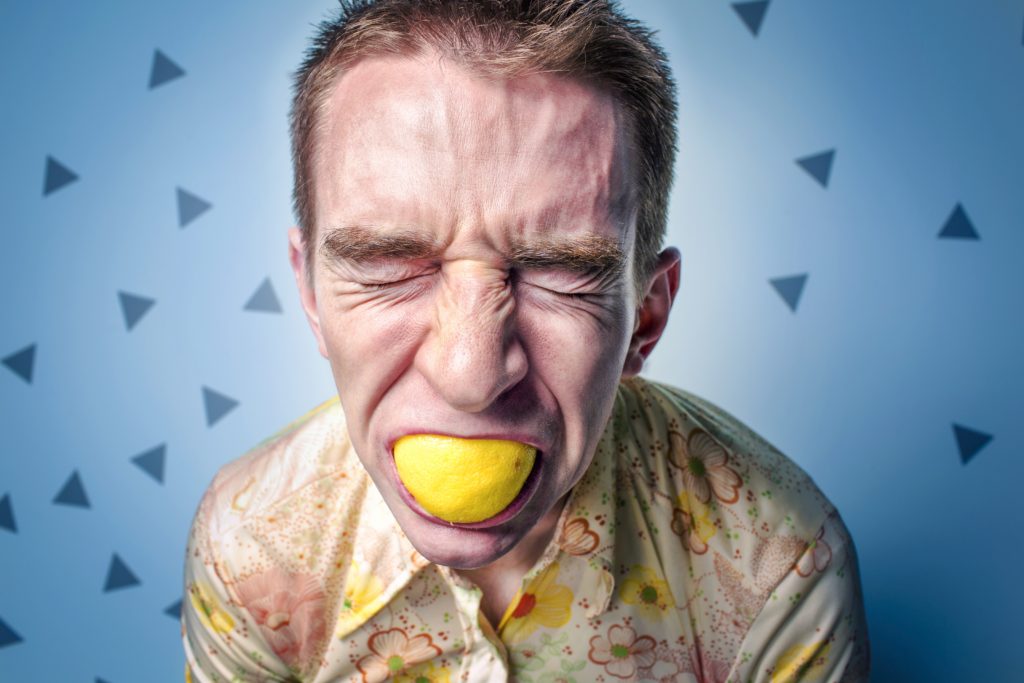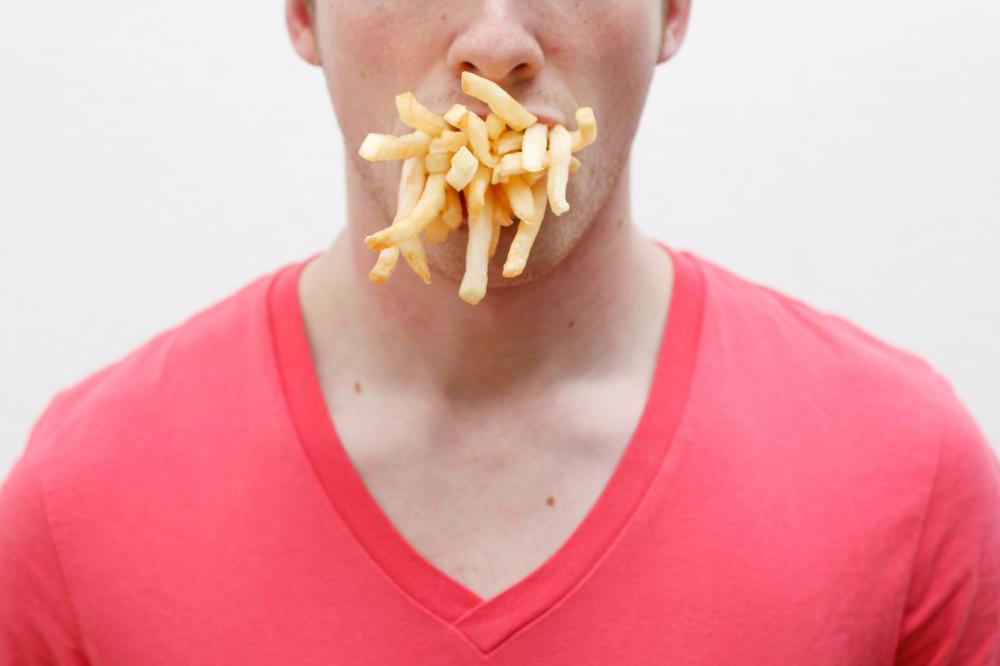With obesity being one of the things we as a race are struggling with at least in the developed world, it is no surprise that extensive research has been conducted in concern with the same. Among the things we not know is that oftentimes, obesity is not just about physiology or the body.
Obesity can be the result of a reoccurring compulsion to eat, however, the effects of excessive eating and the resulting complications are pretty much the same! So what is it that drives us to compulsively eat if not something relating to the body?
Eating and the Mind
We often forget how powerful our minds are both consciously and subconsciously. There are certain situations where eating is more related to underlying psychological distress than it does to a physiological need for nourishment. We’re going to explore some of these.
Stress Eating
One emotion that can trigger the urge to eat compulsively is stress or alternatively, anxiety. The cause for this may be rooted in our pre-adult minds where the association between movement of the jaw and relief is still very much alive. Oral fixation is the word used to describe this.
Since we can’t roam around with pacifiers as adults we do other things involving the mouth when anxious which may include verbal rambling, smoking or eating!
Depression or Sadness
Though the term comfort food is playfully used, its connotations can be quite the opposite. Many who suffer from depression or low self esteem seek comfort through consumption. Comfort food is a means by which we fill ourselves when we’re feeling incomplete or not whole. In a sense, we subconsciously try to fill the void within using food.
This is akin to alcoholism by way of compulsion however if you’re thinking such binge eating is any better than the latter, think again!
Guilt Feeding
Very close to stress eating, guilt eating is a real thing. The funny thing about this is it often starts with people holding back on food because they feel bad about their eating habits. Of course, they eventually become hungry. This results in a binge (usually before bed). The result is feeling wretched the next day and probably not eating much until the next binge hence the cycle continues!
Eating Disorders
You have a host of other eating disorders which can be the result of trauma, inadequate emotional development or even low self esteem (which is then perpetuated). In any case, eating disorders have little to do with a physical need for food and more to do with the mind and what is within.
If It Is Not My Body, What Do I Do?
If compulsive eating is not something you can physically check, you might be worrying about what it is you can do. Luckily, there are numerous treatment and support programs for those who need help with weight loss. You just need to find what works for you.
If you’re located in Rochester or Pittsford NY, our hypnosis based weight loss program is something you could try. In any case, scout your options and remember – where there is a will, there is always a way!
Sources
https://www.self.com/story/food-guilt-weight-loss
https://www.cdc.gov/healthyweight/effects/index.html
https://www.huffpost.com/entry/weight-loss-psychology_b_881706
http://psychologyofeating.com/weight-gain-trauma-connection/
https://www.psychologytoday.com/us/blog/fighting-fear/201307/ten-or-twelve-reasons-people-get-fat




Be First to Comment